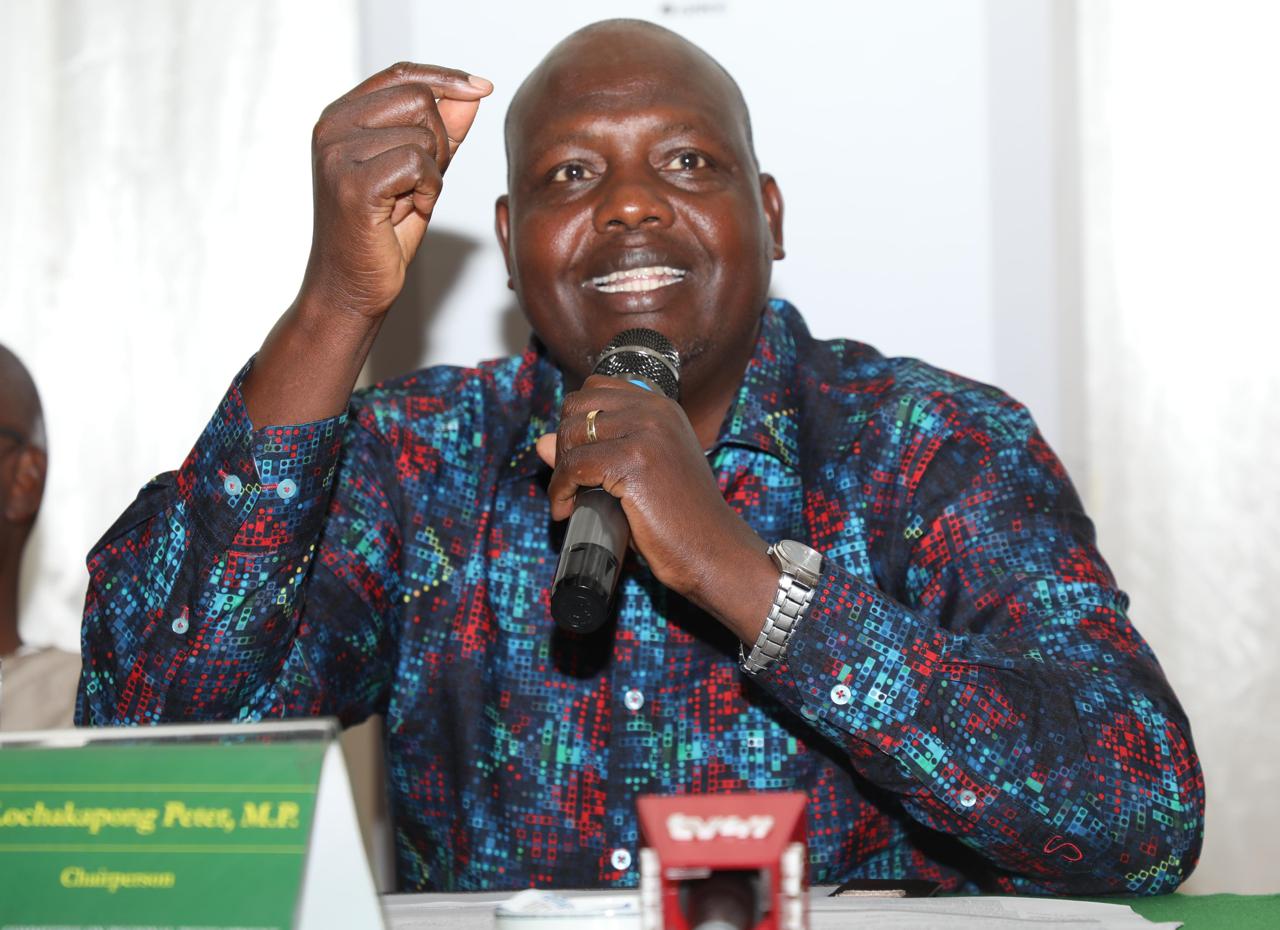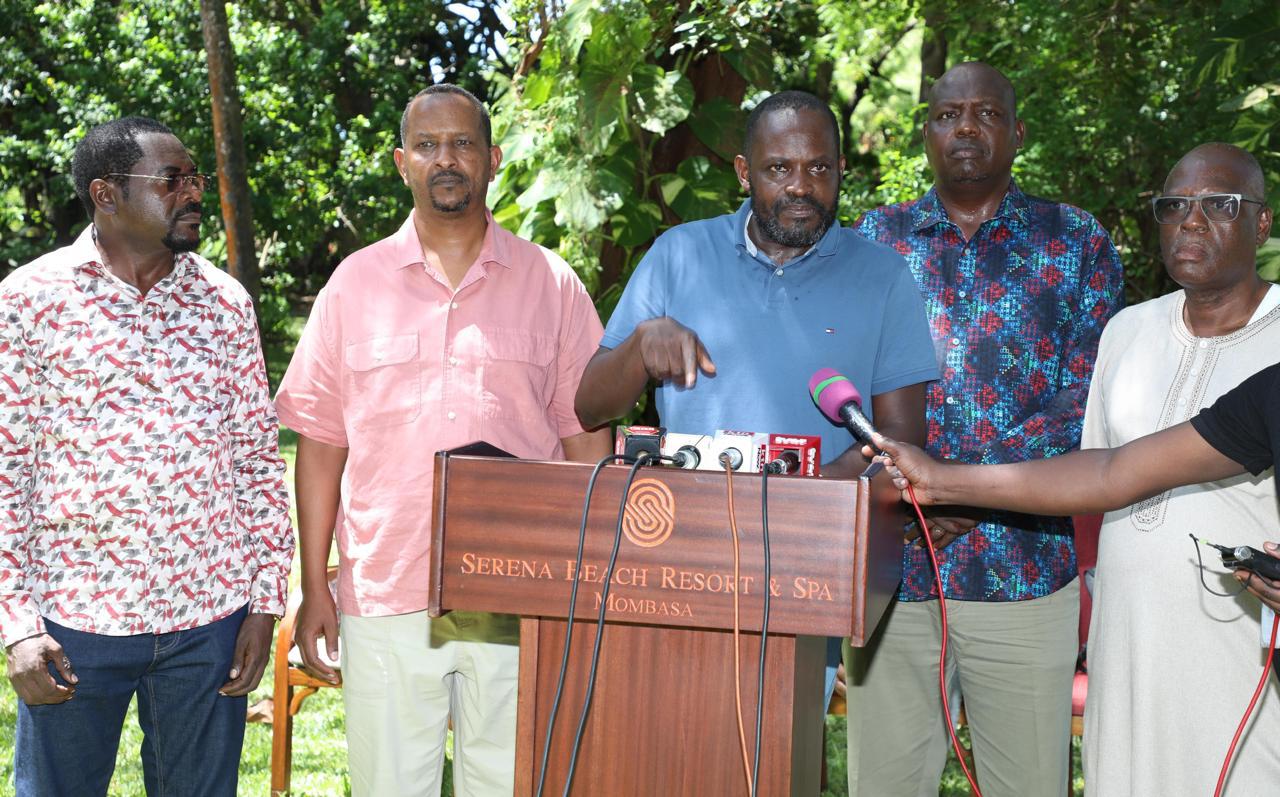This was revealed during a high-level forum held in Mombasa organised by the National Assembly's Regional Development Committee.
According to the forum, Kenya’s refugee data is managed solely by the United Nations High Commissioner for Refugees (UNHCR) and stored in Hungary.
"We are supposed to be the custodian of this database, and while we are involved in processing it, we do so as data processors for a third-party organisation,” Kenya’s Commissioner for Refugee Affairs John Burugu said.
“We cannot fully confirm that the numbers we receive from the UNHCR represent the actual refugee population in Kenya," Burugu added.
Burugu assured attendees that efforts are underway to develop a more accurate and locally managed refugee database.
The National Assembly Regional Development Committee is chaired by Peter Sigor Member of Parliament Peter Lochakapong.
The forum aimed to address the complex social and environmental issues surrounding refugee inclusion in Kenya.

"During our visits to the camps and settlements, we interacted with both refugees and host communities to gather insights, and the report we’re preparing will be crucial in shaping future policy on refugee matters," Lochakapong said.
The forum raised serious concerns from host communities, who reported challenges such as resource scarcity, land disputes, environmental degradation, and insecurity.
Many attendees, including Khamis Chome from Voi, called for a comprehensive refugee management policy.
“We need a well-defined policy that clarifies the roles of all actors involved in refugee affairs, including the inclusion and participation of host communities,” Chome said.
Garissa Governor Nathif Adam called for attention to the unique challenges faced by host communities.
Garissa County is a region that has hosted refugees for over three decades.
“Garissa County has hosted refugees for over 32 years on community land without compensation. We need to address this issue before the full implementation of the GISEDP integration plan,” Governor Adam said.
Dekow Barrow of Garissa Township voiced frustration over the international community’s limited support for host communities, which are increasingly struggling with unemployment and infrastructure issues.
"The international community can no longer sustain the refugee camps, and our youth are suffering from lack of jobs. The presence of refugees is stretching our resources further,” Barrow said.
He raised concern over the deteriorating condition of the Garissa-Dadaab Road, frequently used by trucks delivering supplies.
The Committee’s discussions also underscored the need for security reforms, with Interior PS Raymond Omollo calling for coordinated efforts.
“Managing refugees presents complex challenges that require a multifaceted approach, balancing security, humanitarian needs, and regional cooperation,” the PS noted.
Matungu legislator Peter Nabulindo underscored the need for equitable solutions for both refugees and host communities.
“The government must strike a balance in meeting the socio-economic needs of both refugees and host communities to ensure harmonious co-existence,” he said.
The two-day event brought together stakeholders from various government ministries, the Refugee Consortium of Kenya, the World Food Programme, and the Kenya National Commission on Human Rights.
The forum’s findings will be compiled into a report set for presentation to the National Assembly as Kenya seeks to establish a localised refugee database and implement the Refugee Act 2021 to ensure that both refugees and host communities are adequately supported.









